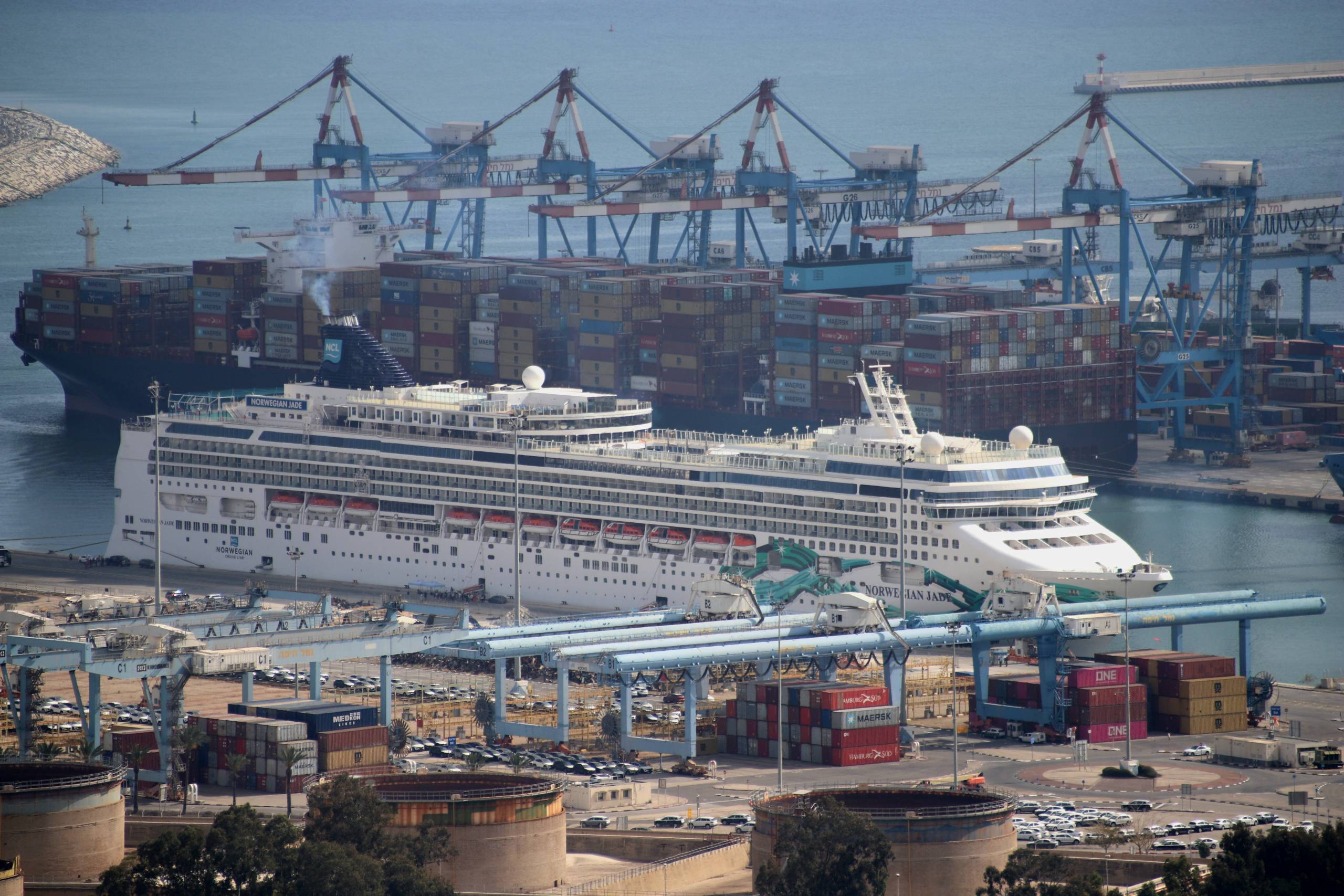The cruise and shipping industries are significant contributors to greenhouse gas emissions, with the cruise industry alone emitting 1.1 billion tons of CO2 in 2018, accounting for 2% of global emissions. Similarly, the shipping industry emitted 940 million tons of CO2 in the same year, representing 2.4% of global emissions. These emissions not only contribute to climate change but also heavily impact air quality in coastal cities. To combat this issue, the cruise and shipping industries are actively exploring hydrogen technology as a potential solution.
Hydrogen is a clean and renewable fuel that shows promise for powering ships and cruise liners. When burned, hydrogen produces zero emissions, and it can be derived from various renewable sources, such as solar and wind power. However, several challenges must be overcome before hydrogen can be widely adopted by these industries.
One major challenge is the cost associated with hydrogen fuel cells. Currently, hydrogen fuel cells remain relatively expensive. Nonetheless, it is anticipated that as the technology advances and becomes more mature, the cost will decrease.
Additionally, the lack of infrastructure for hydrogen fuelling poses a significant obstacle. The number of hydrogen fuelling stations worldwide is quite limited, which hinders the widespread adoption of hydrogen fuel cells in the cruise and shipping industries.
Despite these challenges, there is a growing interest in hydrogen technology as a viable solution for the cruise and shipping sectors. Various companies are actively developing hydrogen-powered ships, and a global network of hydrogen fuelling stations is gradually being established.
As the cost of hydrogen fuel cells decreases and the infrastructure for hydrogen fuelling improves, hydrogen is expected to play a significant role in the cruise and shipping industries. Its adoption could result in substantial emission reductions, fostering a more sustainable future for these sectors.
Some of the benefits associated with hydrogen technology in the cruise and shipping industries include:
Clean and renewable fuel: Hydrogen is an environmentally friendly fuel that generates zero emissions when burned.
Diverse renewable sources: Hydrogen can be produced from a wide range of renewable sources, such as solar and wind power, ensuring a sustainable energy supply.
Increasing efficiency and cost-effectiveness: Hydrogen fuel cells are becoming more efficient and cost-effective, making them a more attractive option for the cruise and shipping industries.
Expanding infrastructure: The development of hydrogen fuelling infrastructure worldwide is gradually progressing, facilitating the adoption of hydrogen fuel cells in these industries.
The use of hydrogen technology in the cruise and shipping industries could lead to numerous positive impacts, including:
Reduced greenhouse gas emissions: By replacing traditional fossil fuel-based propulsion systems, hydrogen technology can significantly decrease greenhouse gas emissions from these industries.
Improved air quality: The transition to hydrogen-based power can greatly reduce the air pollution caused by cruise ships and shipping vessels, benefiting coastal cities and communities.
Increased energy security: Diversifying the energy sources in the cruise and shipping sectors by incorporating hydrogen technology enhances energy security, reducing dependence on finite fossil fuel resources.
New job opportunities and economic growth: The adoption of hydrogen technology in these industries can stimulate the creation of new jobs and foster economic growth associated with the production, distribution, and maintenance of hydrogen-powered ships and related infrastructure.
The cruise and shipping industries are major contributors to greenhouse gas emissions and air pollution in coastal cities. However, hydrogen technology holds great potential for significantly reducing emissions and making these industries more sustainable. Despite existing challenges, the declining cost of hydrogen fuel cells and the development of infrastructure are paving the way for hydrogen to become a prominent player in the cruise and shipping sectors, leading to a cleaner and more environmentally friendly future.

Leave a Reply